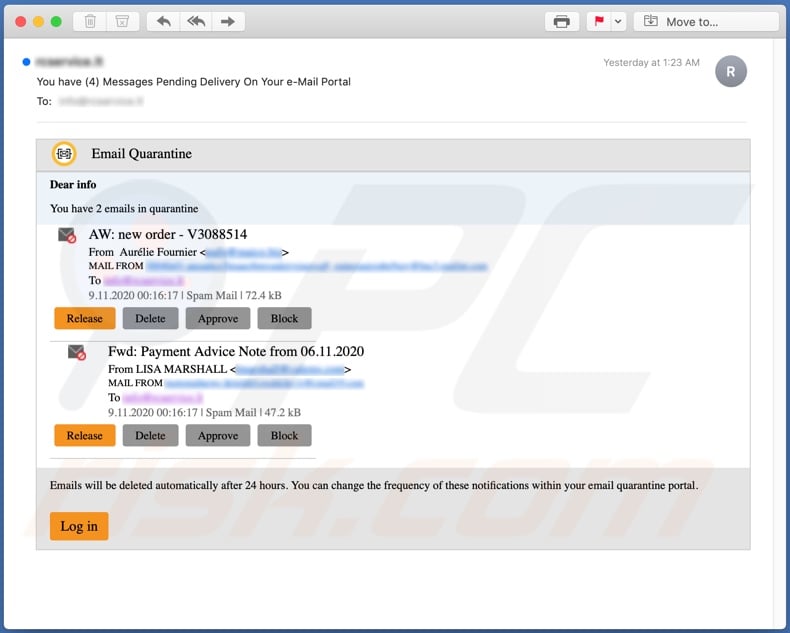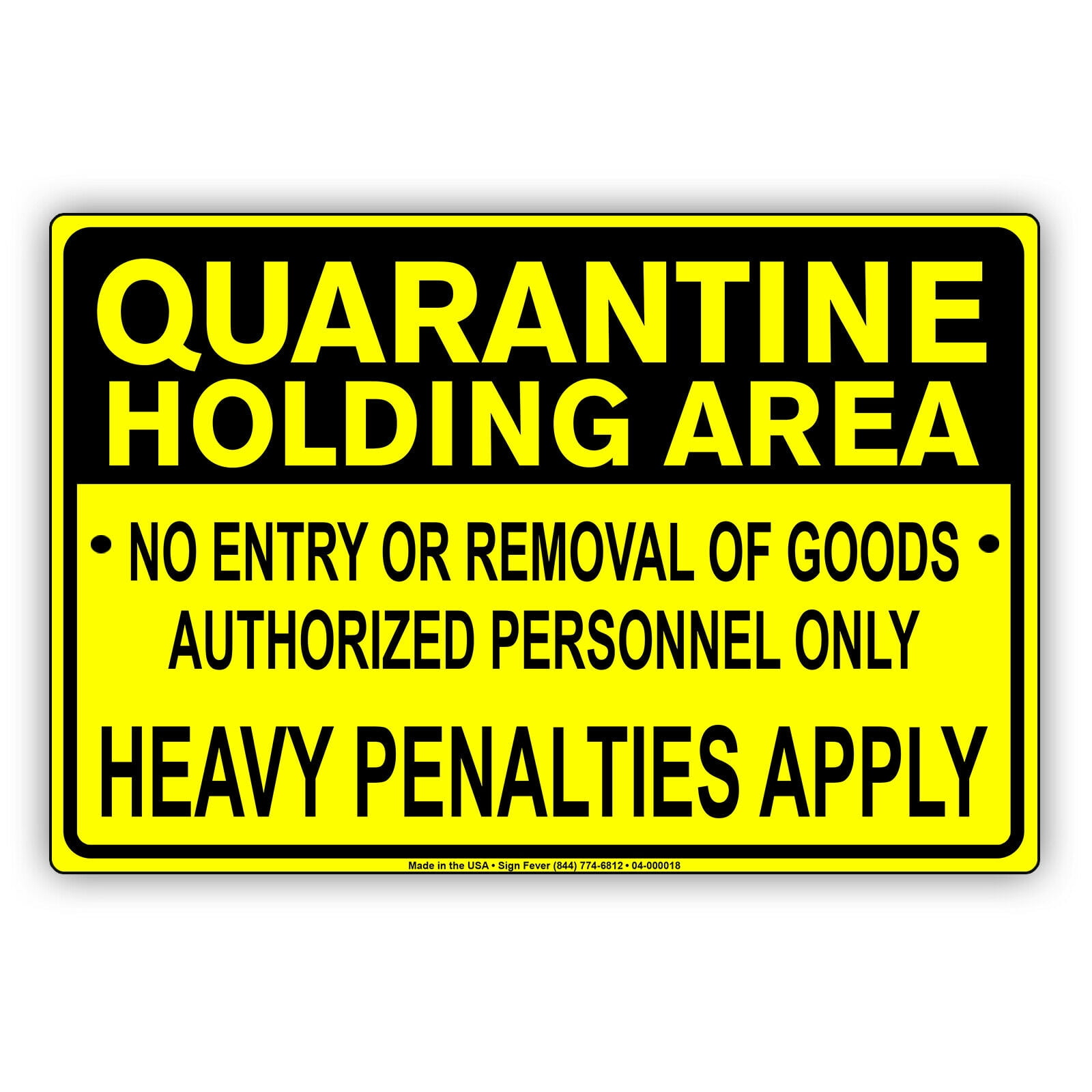

- Automatic removal of invalid quarantine accounts how to#
- Automatic removal of invalid quarantine accounts generator#
- Automatic removal of invalid quarantine accounts update#
- Automatic removal of invalid quarantine accounts software#
- Automatic removal of invalid quarantine accounts password#
Checking the logs for suspicious activity around the time of the hack makes identifying rogue accounts and infected files easier.įirst, analyze your changelogs by running the find command on SSH: find. Your WordPress site logs keep track of all the traffic and changes made on the server.
Automatic removal of invalid quarantine accounts update#
PHP version ‒ Hostinger users can update their PHP version via the PHP Configuration menu under the Advanced section of the hPanel dashboard.Don’t forget to eliminate potential security issues by deleting unused themes and plugins. Themes and plugins ‒ the update prompt of outdated WordPress plugins and themes should appear in the Updates section.Hostinger users can update their website version through the hPanel dashboard.

Automatic removal of invalid quarantine accounts software#
Here’s a checklist of the software and files you need to update: By keeping your CMS up to date, you’ll eliminate vulnerabilities that hackers can exploit to attack your website.
Automatic removal of invalid quarantine accounts password#
Important! If you have personal accounts with the same password as your hacked WordPress site, change them as well.ģ9.3% of hacked WordPress sites are running an outdated WordPress version.
Automatic removal of invalid quarantine accounts generator#
There are plenty of online password generators like Secure Password Generator and Random Password Generator that can help you create unpredictable passwords with various combinations of letters and numbers. Make sure to use strong passwords and avoid reusing them on more than one account at a time. Changing your passwords can slow them down and minimize the chances of another security risk wreaking havoc on your WordPress site. Many hackers use malware to commit brute force attacks to crack administrator accounts’ login credentials. Hostinger, for example, offers daily and weekly backups with its shared hosting plans. Depending on your hosting provider, you might have pre-hack backup files automatically generated. Otherwise, we recommend contacting your web host to see if they have a backup of your website files. If you couldn’t restore the WordPress site using the infected backup file, the older version can serve as your Plan B, allowing you to recover pre-hack data and start over much faster. This step should be easy for those who have done their due diligence as website administrators.


htaccess file through your hosting control panel’s File Manager or an FTP client such as FileZilla. Restricting access to your WordPress site will help prevent the further spread of the hidden malware currently infecting it. If left unchecked, your infected WordPress site can prompt visitors into accessing dangerous sites and leaking their personal details. If your WordPress site has malicious redirects to shady, unsecured websites, chances are it’s been hacked. Therefore, it’s important to stay calm and follow the appropriate recovery procedure.īefore removing malware from your WordPress site, take these preparation steps to ensure the safety of your data: While it might take some time and effort to recover it, know that you can get over such an incident. Prepare for WordPress Malware Removalįirst things first, keep in mind that you can fix your hacked WordPress site. If the following tutorial seems too challenging for you, we recommend using a WordPress malware removal plugin or hiring a WordPress malware removal specialist. While recovering a hacked WordPress site is possible, the process requires decent technical knowledge in website maintenance and hosting.
Automatic removal of invalid quarantine accounts how to#
How to Remove WordPress Malware Manually.


 0 kommentar(er)
0 kommentar(er)
